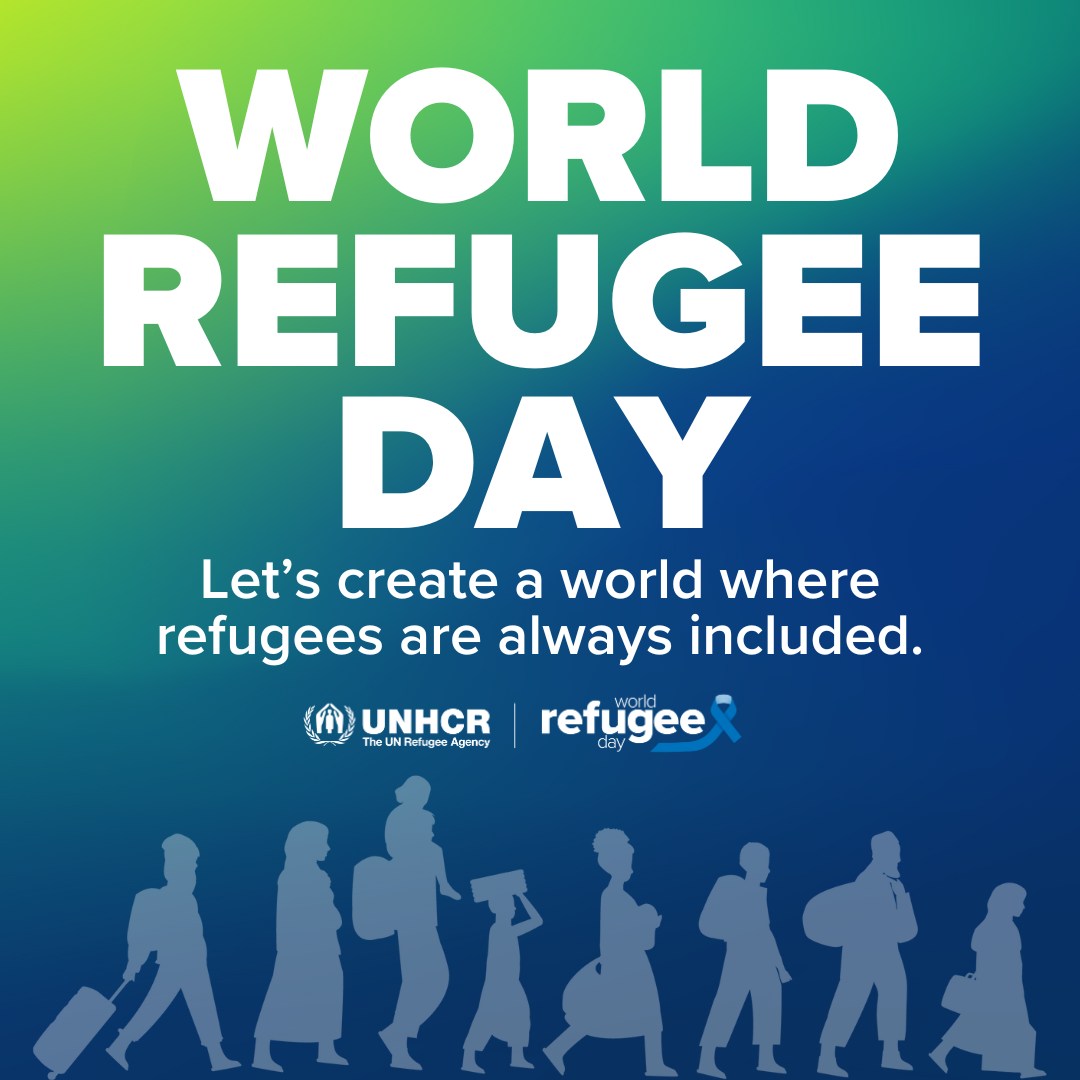
Published 20 June 2023
World Refugee Day shines a light on the rights, needs and dreams of refugees, helping to mobilise political will and resources so refugees can not only survive but also thrive.
For many people, World Refugee Day is a day of mourning as they remember loved ones who perished during their journey to seek safety.
The number of refugees who drown at sea while fleeing war, famine and persecution remains unknown.
The tragedy on 14 June off the coast of Greece is the latest mass drowning - between 400 and 750 people drowned following the capsize of an overloaded boat carrying people from Pakistan, Syria, and Palestine.
The duty to rescue people in distress at sea without delay is a fundamental rule of international maritime law. Many believe the current approach to the Mediterranean Sea is unworkable.
The Mediterranean may be the most dangerous migration route in the world, with the highest fatality rate, but it is not the only route that claims lives each year.
UNHCR, the UN Refugee Agency, and the International Organization for Migration (IOM) are calling for urgent and decisive action to prevent further deaths at sea.
Calls for safe rescue, provision of lifejackets, and use of seaworthy craft feel important but too little when compared to the political and legal frameworks at play.
While protecting refugees in transit may challenge us, supporting those refugees already settled to stay safe and thrive brings much more positive news.
The Australian Water Safety Strategy 2030 reinforces the need for drowning prevention in refugee communities, and highlights the many health, social and economic benefits that come with enjoying the water safely.
Here we shine a light on three water safety themes to celebrate World Refugee Day.
First, we find hope in watching and cheering as children, youth and adults embrace swimming and water safety in dedicated programs across in swimming pools and other waterways.
The ability to swim is a basic human right, as is access to a safe place to swim. When we first started seeding refugee swimming as part of the Swim and Survive fund, we knew much more was needed. Today many swimming pools have a relationship with their local migrant resource centres or community groups. When they can, they provide subsidies to those most in need.
Second, we find optimism in programs that engage youth from refugee backgrounds in leadership development and employment pathways leading to careers as pool lifeguards or swimming teachers.
Big steps are being made in the most diverse suburbs and regional towns, where in many places pool staff are now much more likely to reflect the communities, they serve.
Third, we draw inspiration from the migrant groups themselves, who recognise aquatics for what it is – a pathway to a happier, healthier, and more socially-connected community.
Many groups are taking action to prevent drowning by creating and sharing water safety messages, initiating safety workshops, and advocating for local government action.
But we must not ignore the ongoing tragedy.
In 2017, the global drowning prevention community gathered in Vancouver, Canada for the World Conference on Drowning Prevention, and were moved to issue a declaration on drowning risk reduction for migrants and children.
Among calls, were that All nations and communities honour the UN Universal Declaration of Human Rights, observe duties under the International Convention on Maritime Search and Rescue.
When we meet in December 2023, at the World Conference on Drowning Prevention in Perth, Australia we must extend this 2017 declaration into research, policy, and programmatic action. We will convene a high-level panel and workshop to explore progress against each recommendation.
We welcome suggestions of high-level speakers and influencers who might help frame the problem, and seed action.
The World Health Organization’s formation of the Global Alliance for Drowning Prevention brings promise. The integration of drowning prevention within the policies and programs of United Nations agencies like UNHCR, IOM and IMO, could make measurable differences.
So, on World Refugee Day, we contemplate the tragedy of drowning of people in transit to a better life. Irrespective of context, they deserve safe passage and protection.
And, on this World Refugee Day, we urge all to celebrate the triumphs. In communities across Australia, so many people who arrived as refugees are now leading efforts to help all Australians to enjoy the water safely.
